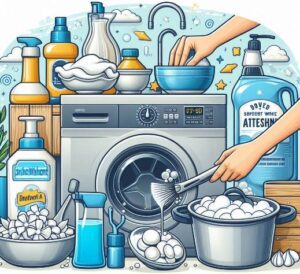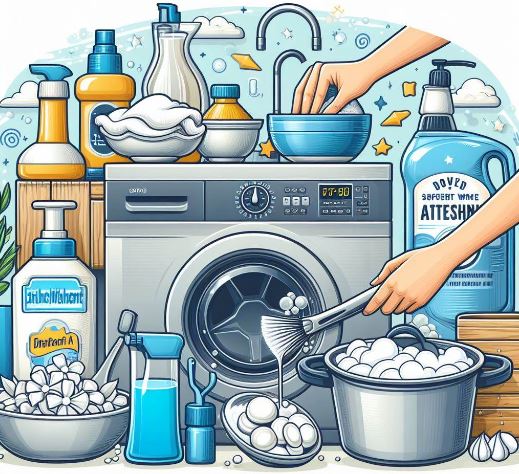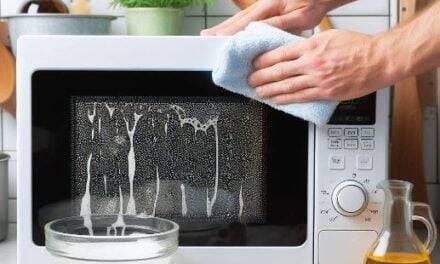Soft water can be a boon for your dishes and dishwasher, but using the right detergent in the correct amount is key to sparkling results. In this comprehensive guide, we’ll delve into the intricacies of dishwasher detergent usage in soft water environments. From understanding soft water’s impact to troubleshooting common issues and exploring eco-friendly options, we’ve got you covered.
Introduction to Dishwasher Detergent and Soft Water
Dishwasher detergent is not a one-size-fits-all solution. It’s essential to grasp its nuances, especially in conjunction with soft water. Soft water, lacking the mineral content of hard water, reacts differently with detergents, affecting cleaning efficiency.

Understanding Soft Water and Its Effects on Dishwashing
Soft water, characterized by low mineral content, behaves differently in dishwashers compared to hard water. Its ability to lather more easily with detergents can lead to cleaner dishes and less residue buildup.
Factors Affecting Dishwasher Detergent Usage with Soft Water
- Type and Formulation of Dishwasher Detergent:
Choose detergents specifically formulated for soft water to prevent limescale buildup and soap scum. - Water Temperature:
Higher temperatures aid detergent activation, ensuring thorough cleaning. - Dishwasher Settings:
Adjust settings based on water hardness for optimal detergent usage. - Soil Level and Types of Dishes:
Adjust detergent quantities according to the load’s cleanliness and composition.
Guidelines for Using Dishwasher Detergent with Soft Water
- Recommended Detergent Amounts:
Refer to manufacturer guidelines for precise measurements. - Adjusting Detergent Quantities:
Tailor detergent amounts to water hardness levels to avoid wastage and achieve spotless results. - Tips for Optimization:
Pre-rinse heavily soiled dishes and load the dishwasher efficiently to maximize detergent effectiveness. - Reading Manufacturer Instructions:
Each detergent may have specific usage instructions; following them ensures optimal performance.
Troubleshooting and Common Issues
- Residue or Film on Dishes:
Reduce detergent quantity or switch to a rinse aid to combat residue buildup. - Spotting or Etching on Glassware:
Use a lower detergent quantity and ensure proper loading techniques to prevent damage. - Detergent Efficiency Concerns:
Experiment with different detergents and adjust usage based on trial and error.
Eco-Friendly and Cost-Effective Dishwashing Practices
- Environmentally Friendly Detergents:
Opt for eco-friendly options to minimize environmental impact. - DIY Detergent Solutions:
Explore homemade alternatives using natural ingredients like vinegar and baking soda. - Maximizing Detergent Efficiency:
Use concentrated formulas or dishwasher detergent pods to reduce overall usage and costs.
Maintaining Dishwasher Performance and Longevity
- Regular Maintenance Tips:
Clean the dishwasher filter, spray arms, and door gasket regularly to ensure optimal performance. - Water Softener Maintenance:
Follow manufacturer guidelines for water softener upkeep to prevent limescale buildup. - Preventing Detergent Buildup:
Use dishwasher cleaner periodically to prevent detergent residue accumulation.
Conclusion
Mastering dishwasher detergent usage in soft water environments requires a balance of science and practicality. Experimentation and adjustment are key to finding the perfect formula for spotless dishes and a well-functioning dishwasher. Share your experiences and tips to empower others on their dishwashing journey.
In conclusion, selecting the best dishwasher detergent for soft water, adjusting quantities appropriately, and embracing eco-friendly practices can transform your dishwashing experience. With the right knowledge and techniques, achieving sparkling clean dishes in soft water conditions is within reach.
For more information in kitchen hygiene click here.










